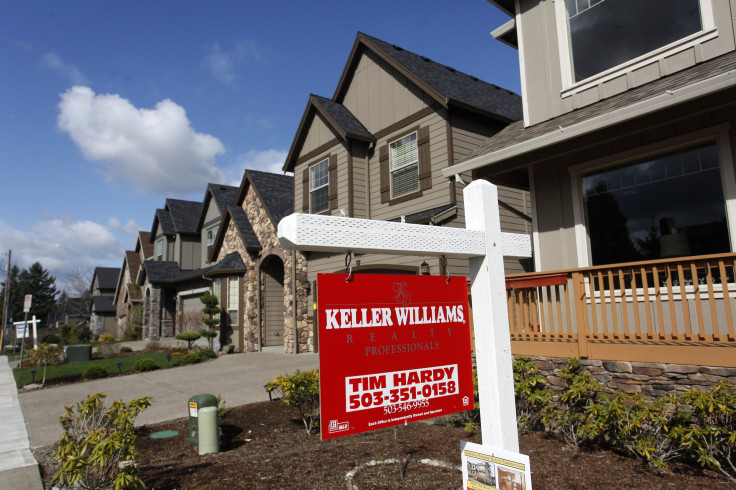How Much Does It Cost The Average American To Own A Home, Aside From The Mortgage?

It's no secret that buying a home is a huge undertaking. Not only must you come up with a down payment, but you'll also need to contend with a mortgage payment every month. But new data from real estate service Clever shows that that's just the tip of the iceberg. That's because outside of a mortgage, home ownership actually costs the average American $13,153.
Here's how that figure breaks down:
- Maintenance and repairs: $2,676
- Home improvements: $6,649
- Property taxes: $2,600
- Homeowners insurance: $1,228
If you're planning to buy a home, don't believe for a minute that your monthly mortgage payment will constitute the bulk of your housing expense. Chances are, it'll be just a fraction of what you ultimately spend.
Don't Get In Over Your Head
When many people sit down to figure out how much they can afford to pay for a home on an ongoing basis, they tend to focus on their mortgage payment alone. But actually, the peripheral costs of homeownership can well exceed what it costs to repay a home loan.
Now you'll often hear that your housing costs shouldn't constitute more than 30% of your take-home pay. But what does the term "housing costs" really entail for the purpose of that calculation? Is it your mortgage? Your mortgage plus taxes and insurance? Or those things plus ongoing maintenance?
Most financial experts will lob mortgage payments, property taxes, and insurance into that 30% target, since they're effectively fixed expenses you can count on. But if you really want to make sure you're not taking on more house than you can afford, add standard maintenance and repair costs into that 30% figure as well. By "standard," we're talking about things like lawn care, gutter cleanings, power washings, paint jobs, and minor plumbing issues -- things that tend to creep up in the course of owning a home.
Of course, you'll still need to set money aside for major home repairs, but that's where your emergency fund should come in. Chances are, you won't face a whopping $5,000 roof repair or a $3,000 HVAC repair every year, so to factor that into your budget isn't all that necessary or even reasonable. But you absolutely should have money in the bank to cover such costs when they inevitably arise, whether it's every two years or once in a decade.
Incidentally, Clever reports that 25% of homeowners have less than $500 saved for home repairs, and that's clearly problematic. If you're going to own property, you should have an emergency fund that contains enough money to cover a good three to six months of living expenses. That amount of money should be enough to pay for a pretty massive home repair bill (as well as come in handy for other unplanned expenses, whether it be car repairs or medical costs). Therefore, if you're thinking of buying a home but don't expect to have that much savings left over after your down payment, you'd be wise to hold off until you have more money in the bank.
What Will Home Ownership Look Like For You?
Even though the average homeowner spends $13,153 a year on non-mortgage costs, that doesn't mean your tab will be similar. For example, $6,649 of that $13,000 and change comes in the form of home improvements, but if money is tight, you can hold off on upgrades until you're in a better spot financially. On the other hand, if you live somewhere with high property taxes, you might pay well more than the $2,600 the average American spends. Therefore, use these numbers as a guideline, but do your research to see what the cost of owning your specific home is likely to look like. And then make sure you can really swing it before moving forward.
This article originally appeared in the Motley Fool. The Motley Fool has a disclosure policy.




















